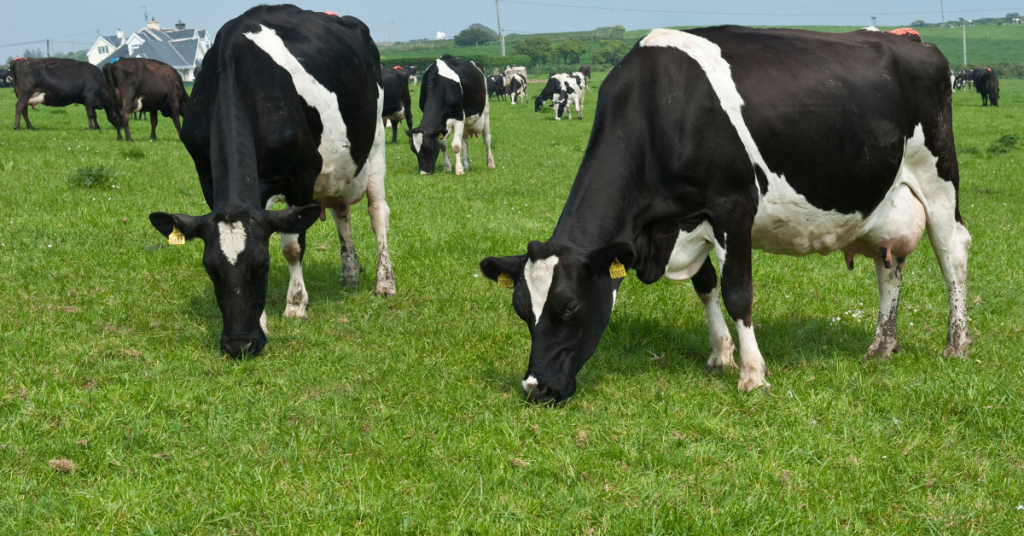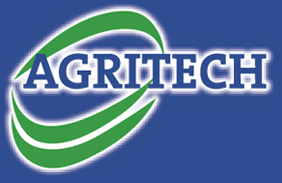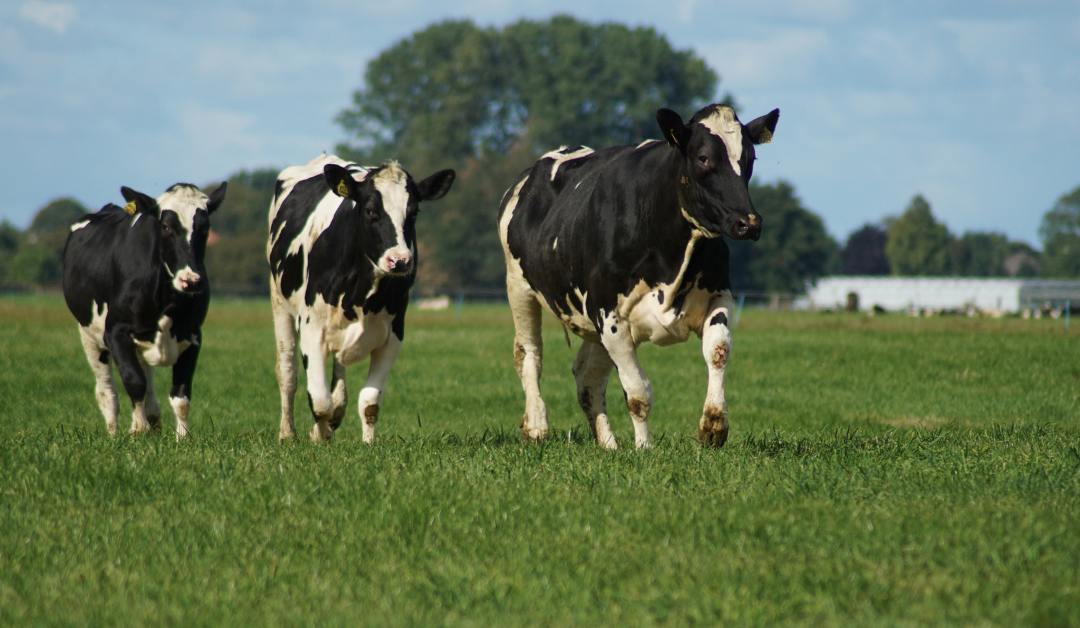Poor grazing conditions in March resulted in many herds struggling to keep a consistent level of grass in the diet, leading to a high proportion of silage being fed. Grass silage relative to grazed grass as we know, is not going to be as energy dense. However, in some cases, feeding this level of silage to milking herds during early lactation, highlighted the importance of having a reserve of high-quality grass silage available. It is also fair to say that surplus bales were not as plentiful after last year’s dry summer period.
When milk protein is falling, and milk production is compromised, the energy gap is too much, and silage quality may not be exactly where we would expect it or want it to be.
Energy content of grazed grass varies from 1.05 UFL per kg dry matter for leafy fresh spring grass, to 0.85 UFL per kg dry matter for stemmy autumn grass. However, relative to grass silage (72-77% dry matter digestibility silage varying from 0.81-0.86 UFL) grazed grass has a significantly higher energy content.
Having high quality first cut silage in the yard will not be based on one single decision, but on multiple influencing factors including reseeding programmes on silage ground, cutting date, fertiliser/nutrient plans, ensiling management (the harvesting and pitting process), the use of a silage additive, the list goes on. Small tweaks to the overall typical silage plan on farm can have a significant impact on the cost of bridging that energy gap when it comes to the shoulders of the year.
Quantity over quality: The age-old question
Well-managed silage swards closed from mid-late March for targeted cutting in late May should have yields of 9-10 tonne/acre. Where cutting is delayed for the sake of chasing added bulk, second cut yields are compromised and annual grass production reduced. This is defeating the purpose, and adding considerable cost to achieve quality silage; be it for buffer feeding the milking herd next autumn/spring, or supplementing dry stock/youngstock next winter.

Further Information:
For further advice, contact your local Agritech Sales Advisor.


